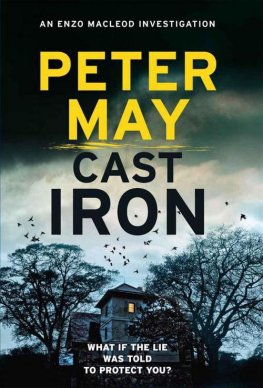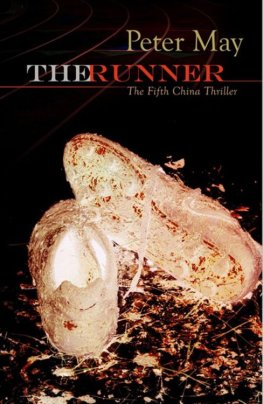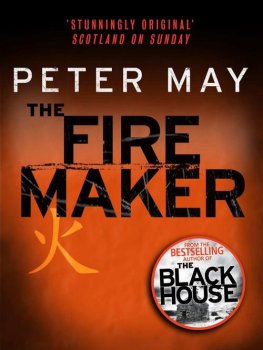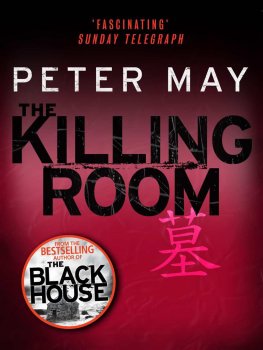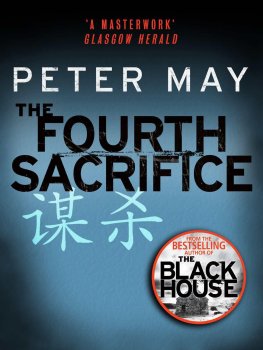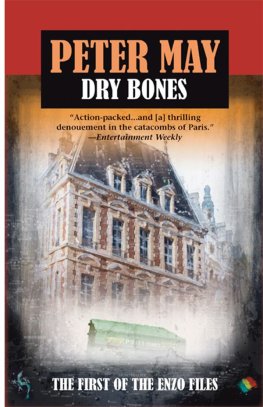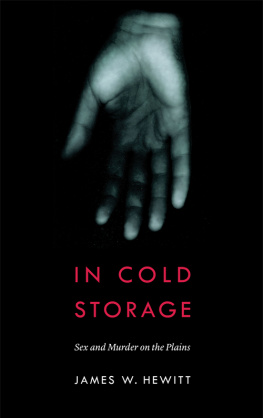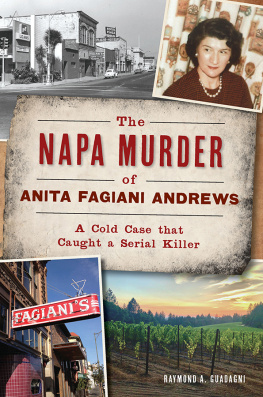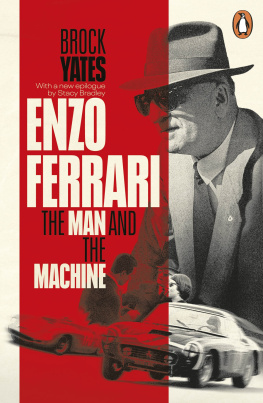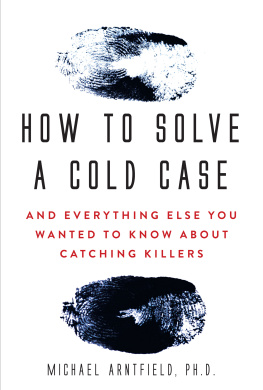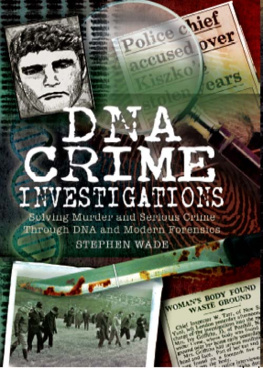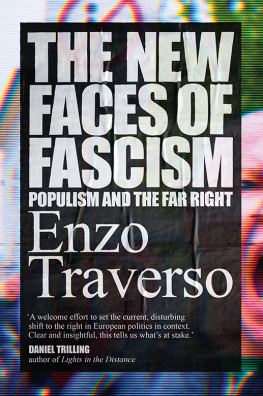In memory of my friend and mentor,
Dr Richard Ward
Keep your friends close
and your enemies closer
Paraphrased from Niccol Machiavellis The Prince
Prologue
West of France, 1989
It smells of animal here. Dead animal. Something that has been hung to ripen before cooking. Hundreds of years of fermenting grapes have suffused the earth with odours of yeast and carbonic gas, stale now, sour, a memory retained only in the soil and the sandstone and the rafters. Like all the forgotten lives that have passed through this place, in sunlight and in darkness.
It is dark now and another life has passed.
Dust hangs in the pale light that angles through the open door, raised by the act of pulling her dead body from dark concealment to the wash of cold, colourless moonlight that bathes a face once beautiful and animated by youth. A face made ugly now by the blood that has dried in her golden hair, on her porcelain cheek, a tiny river of it following the contour from her temple to her ear. By the eyes that stare in unnatural stillness into the deep shadow that hangs overhead like a shroud. Blue eyes, lit once by the light of life, turned milky and opaque by death.
His tears fall like the first raindrops of a summer storm to splash heavy and hot on her cold skin. His shadow falls over her as he kneels by her side, and for a moment obliterates the sight of what he has done a consequence of love and anger, those two most volatile of emotions. To gaze upon her is almost unbearable. But regret is useless, for of all the things in life that cannot be undone, death is the most immutable.
He reaches into his jacket pocket to pull out the blue plastic bag he has brought to hide his shame. Carefully, as if afraid he might damage it, he lifts her head from the dust and pulls the bag down over her face, hiding at last the accusation, recrimination and the sense of betrayal he imagines in the gaze he cannot bear to meet.
He ties it at the base of her neck with the short length of plastic string that came with it, and now tears fall on plastic to punctuate the silence. A moment of madness, a lifetime of lament, and he can never tell her now just how much he loved her.
His hands are trembling as they close around her neck, and he closes his eyes tight shut as his thumbs sink into soft flesh and he feels bone breaking beneath them.
Chapter one
Lot-et-Garonne, France, 2003
The cool air that came with the night was dissipating along with the early morning mist. Already he could feel the heat rising up through the earth, and soon the sky would be a burned-out dusty white. Like yesterday, and the day before, and the day before that. He had read in La Dpche that the death toll was climbing, the elderly worst affected by temperatures now soaring into the mid-forties. Eleven thousand and mounting. This summer heatwave had scorched the earth, killing trees and bushes, burning leaves brittle and brown to tumble like autumn in August.
It was some months since he had come down to the lake, a primal need to sit in solitary silence with a line in the water, caring not in the least whether the fish would bite though they usually did. His baby boy was just two days old, and both he and his mother were still in the hospital after a difficult birth.
He glanced west across a shimmering landscape, seeing the undulations of burned fields and the skeletons of trees beyond, to where the caves in these chalk hills once provided refuge for resistance fighters when the German occupiers came looking for them.
The slope here was steep, fallen leaves crackling beneath his feet as he made his way through the trees. And then he saw it, shocked for a moment, and stopped. The lake simmered a chemical green in light already thick with heat, and was half or less its usual size. He stepped through dry, breaking undergrowth to his habitual spot, and saw that the water was four metres down, perhaps more. From here, he walked out on to cracked sloping mud, where his line had once snagged fish, and gazed down at the water below.
All the streams that ran into the lake had long since dried to a trickle, but the farmers, with more need of water than ever, had continued to draw on it, sucking it dry. Unless this canicule broke soon, there would be nothing of it left. And he wondered if the fish it supported would last the summer.
He started tracking west around the perimeter, a great swathe of exposed lake bed, parched and brown, cut deep into the land like a scar. All manner of detritus was exposed, both natural and man-made. The carcasses of long-dead trees. The skeleton of a pram.
In all the scorched mud and desiccated slime, a flash of blue caught his eye. Pale and bleached by water and sun, just above the new waterline. He stumbled over uneven ground, drawn by the incongruous flash of colour in all this withered landscape. There were streaks of white in the baked mud around it, and he saw that it was a blue plastic bag. Only half of it was visible, the rest of it set solid in the mud.
He laid his rod and his bag on the ground and crouched down beside it, curious. There was something inside. The plastic was brittle with age and tore easily beneath his fingers, and he found himself looking down into the black sockets of a skull that had once held eyes. Long, yellowed teeth were exposed in a ghastly grimace, grinning out at him as if amused by his shock. He recoiled at once, and sat down heavily. And it was only then he realised that those white streaks set into the dry lake bed around him were the remaining bones of a human skeleton.
Chapter two
Paris, October 2011
In all the years that Enzo had been coming to Raffins apartment in the Rue de Tournon, someone, somewhere, always seemed to be playing a piano. Scales and exercises, stuttering renditions of Chopin and Beethoven those tuneless pieces that music teachers inflicted on their hapless pupils. And, in all those years, the pianist had never improved.
Enzo glanced distractedly into the inner courtyard below, the huge chestnut at the far side of it dropping big dried leaves on wet cobbles. But his eyes were drawn by an elegant lady in black whose heels clicked on those same cobbles beneath finely turned ankles, and he wondered if the day would ever come when his interest would not be aroused by an attractive woman. After all, he could see sixty now, looming not far beyond the horizon.
Are you listening? Raffins voice was sharp, admonitory, irritated by Enzos distraction.
Of course. Enzo turned his eyes back to the table, and the papers and photographs that were strewn across it. Raffins book was open at the sixth and penultimate murder of the seven cold cases he had written about in Assassins Cachs. He had slid his clenched fist between the pages, breaking the spine to keep it open at the desired place, and Enzo had drawn breath sharply. He hated to break the spine of a book. It seemed to him like vandalism.
Lucie Martin was just twenty years old when she went missing, Raffin said. He always liked to brief Enzo before the big Scotsman embarked on one of the cases from his book. And, for his part, although he had read Raffins book many times, Enzo appreciated the briefing. It gave him access to the background research Raffin had done which never actually made it into the text. And he liked to hear the facts, rather than just read about them. Somehow that helped them stick. Raffin reached for the bottle of Puligny-Montrachet, running now with condensation, and refilled each of their glasses. But that was fourteen years before the discovery of her body. Her disappearance in 1989 was inexplicable. She hadnt run away. Or, if she had, she had left everything behind her whole life and all that she owned. And, anyway, why would she? She was the loving daughter of doting parents. Her father, Guillaume, was an appeal court judge, her mother a former nurse. There was absolutely no evidence of foul play, and no one, apparently, with any motive for doing her harm.

